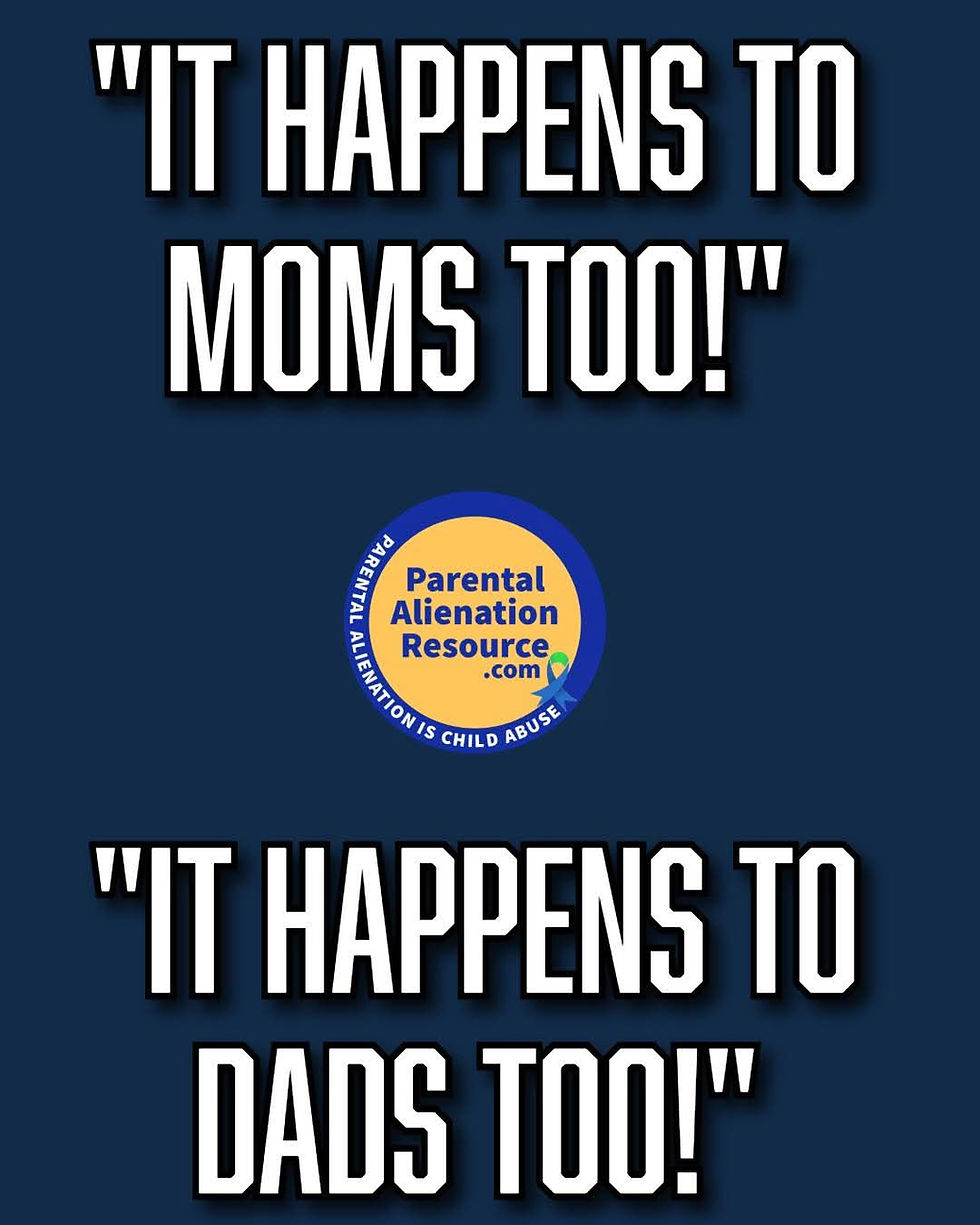The Transactional Child, “If I see you this weekend, what do I get?” The child learns love is a currency.
- Parental Alienation Resource

- Jul 24, 2025
- 2 min read

The Transactional Child
“If I see you this weekend, what do I get?”
The child learns love is a currency.
He’s just a kid. Piggy bank in hand. Big eyes. Small shoulders. Looking up at two signs: Love and Leverage. And somehow, long before he should even understand the word, he’s already being asked to choose.
Not by the world. By the people who were supposed to protect him from it.
When Love Becomes a Bargaining Chip
In cases of parental alienation, the child doesn’t just lose a parent. They lose innocence. They lose clarity.
And perhaps most tragically, they lose the ability to love without cost.
Because love, to them, isn’t unconditional anymore. It’s a transaction.
They learn:
“If I say I miss them, I get punished.”
“If I refuse to go, I get rewarded.”
“If I pretend to hate them, I get love.”
So they begin to play a game they never asked to be part of. A game they think they’re winning, until years later, when they realize what was stolen.
Children Don’t Create This Dynamic, Adults Do
It’s easy to hear a child say something manipulative and blame them. But that little voice was trained.
“If I see you this weekend, what do I get?” It’s not a child scheming. It’s a child surviving.
They’ve been taught that relationships are deals.
That love must be earned, and withheld.
That affection is tied to allegiance.
That being close to one parent means betrayal of the other.
That’s not independence. That’s entrapment.
That’s not preference. That’s programming.
Behind the Piggy Bank Is a Broken Bond
That illustration hits hard because we know he didn’t come up with that question on his own. Somewhere along the line, a parent taught him to keep score. Not out loud. Not in obvious terms. But through silence, suggestion, raised eyebrows, withheld hugs, extra gifts, selective praise.
And now, he stands there.
Heart full of confusion. Hands full of conditions.
What This Costs the Child
Loss of secure attachment. They stop trusting love that isn’t earned.
Chronic guilt. Deep down, they know they’ve hurt someone who never stopped loving them.
Long-term relationship issues. They grow up using affection to control, or being controlled by affection.
Emotional instability. If love is a currency, they’re always trying to balance the account.
This child may grow up believing that being loved means performing, not just being. That they’re only safe if they choose a side. That love always comes at a cost.
To the Targeted Parent: This Isn’t Your Failure
It’s devastating to hear your child treat visitation like a business deal. To watch them pull away unless there’s something in it for them. To wonder, “Do they love me, or just what I can give them?”
But don’t give up.
This isn’t your child’s true voice. This is their trauma echoing through behavior. And your job is not to compete, it’s to stay steady.
Be the only person in their life who doesn’t trade love for loyalty.
Be the one place they don’t have to choose.
Be the parent who keeps loving, even when it costs you everything.
Because one day, when the lies collapse and the deals fall through and they’ll need somewhere real to land.
Let that be you.









Comments